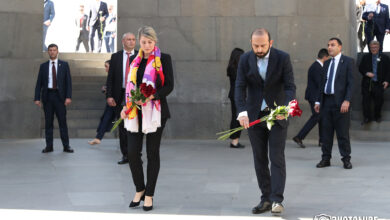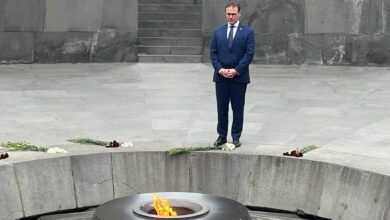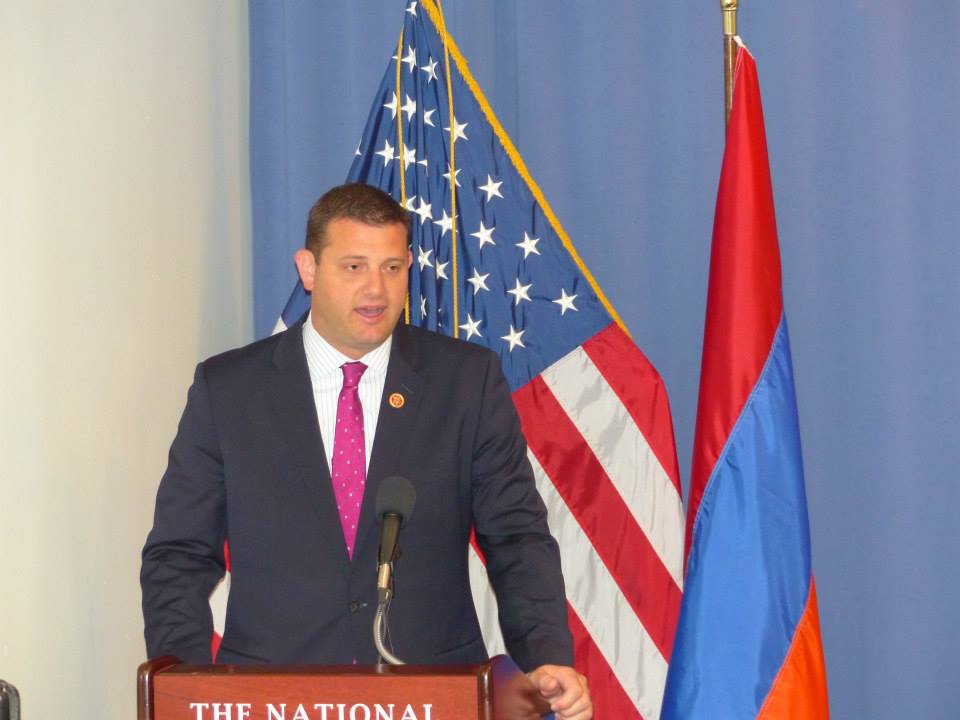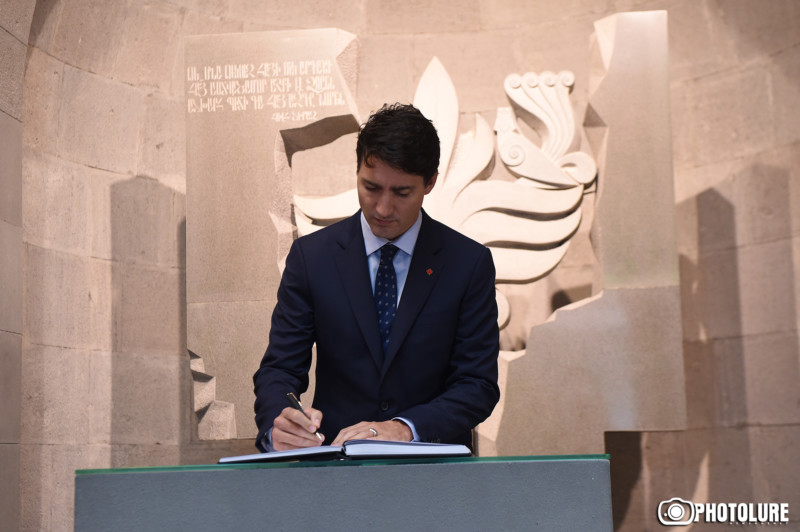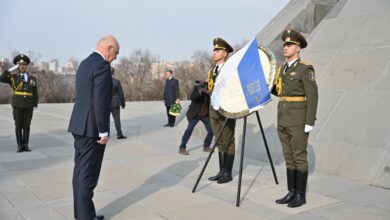
Sweden took over the OSCE Chair on January 1, and will in the coming year focus on defending the European security order, addressing protracted conflicts and enhancing democracy and gender equality.
“Sweden is honoured to take over the Chair of the OSCE at a time when our region needs to come together to focus on our common security, based on the principles and commitments we all have made,” said Ann Linde, Sweden’s Foreign Minister and the new OSCE Chairperson-in-Office.
“While conflicts and political crises continue to challenge security, international law, democratic principles and sustainable development, the OSCE can serve as a crucial multilateral platform to tackle these challenges and build stronger societies together,” she added.
“Our priorities as Chair will be to emphasize the fundamental tasks of the OSCE; defending the European security order, upholding the OSCE concept of comprehensive security and to contribute to resolving the conflicts in our region. On 14 January, I will present our programme in detail to the OSCE Permanent Council,” Linde added.
”The ongoing conflicts and crises in the OSCE area, such as the situations we see in Belarus, in and around Ukraine and the increased tensions around Nagorno-Karabakh require the continued, common attention of our organization. This will naturally be on our agenda at the beginning of the year.”
The OSCE Chairperson-in-Office noted that enhancing gender equality would be a key priority of the Swedish Chair.
“In line with the organization’s concept of comprehensive security we will stress the inclusion and meaningful participation of women in all phases of the conflict cycle, and move forward the Women, Peace and Security agenda. This is crucial for the prevention and mitigation of conflicts, as well as to consolidate peace.”
Civil society will also be assured their place in discussions, Linde added.
“The participation and inclusion of civil society in relevant OSCE meetings and formats is a unique component of the OSCE as a security organization. To continue to promote the broad participation of civil society representatives in security discussions will be a priority for our time as Chair. Our support for strengthening democratic processes and the right to freedom of opinion and expression will remain steadfast in 2021.”
Linde concluded by adding that the Swedish Chair will work closely with, and support, the newly appointed OSCE Secretary General and the three Heads of Institutions (the Director of the OSCE Office for Democratic Institutions and Human Rights, the OSCE High Commissioner on National Minorities, and the OSCE Representative on Freedom of the Media) in their first year in office.


